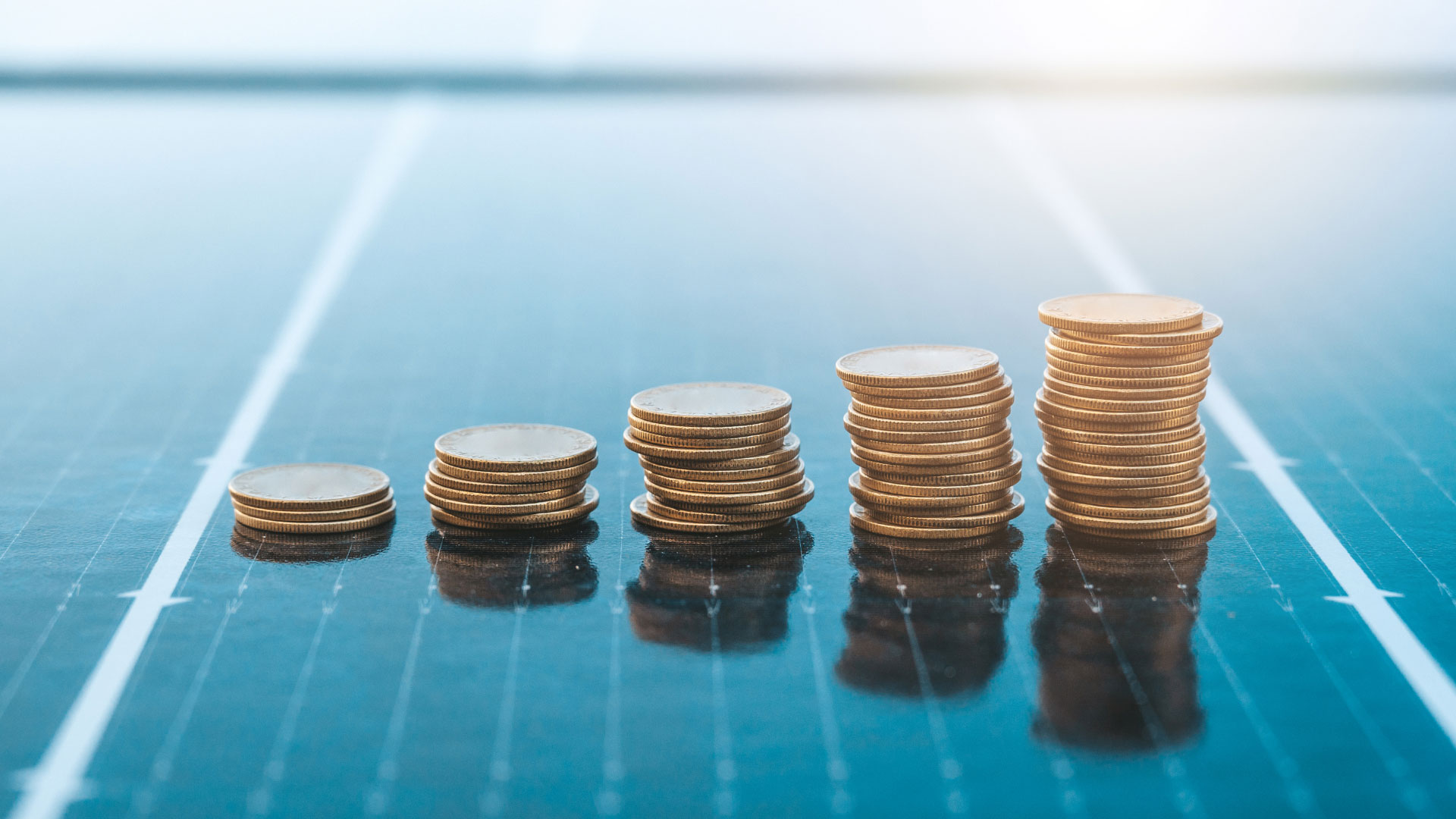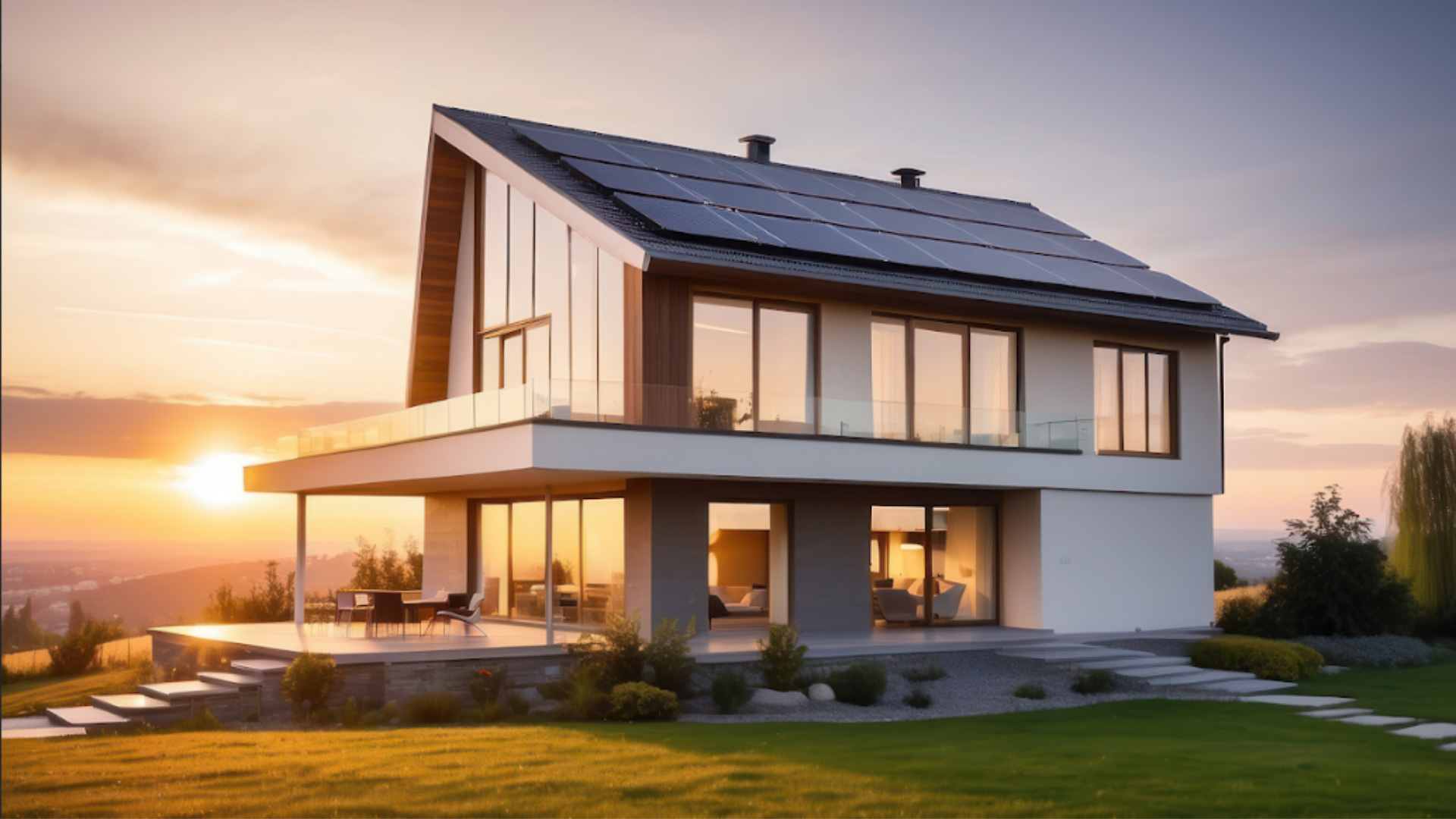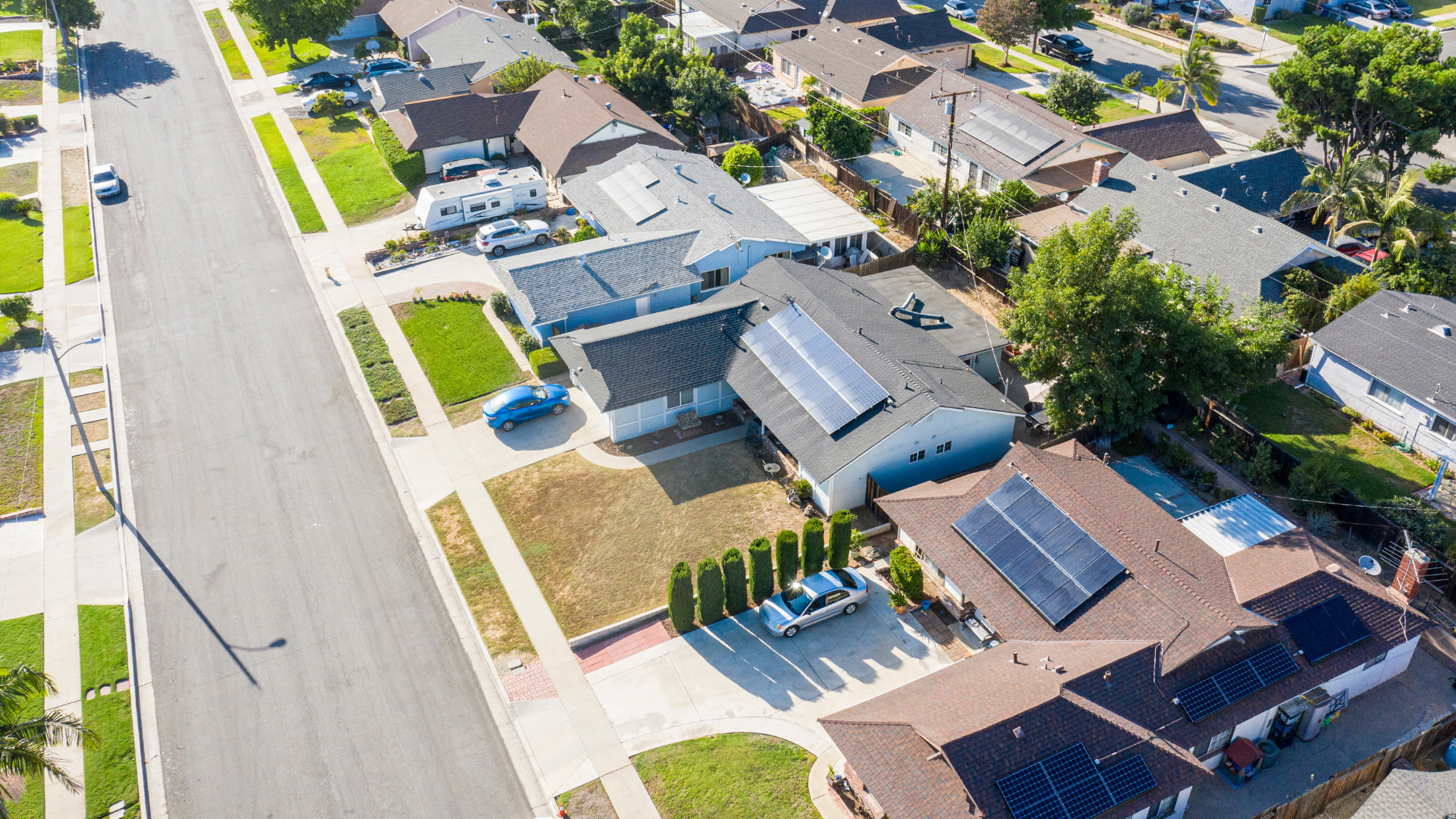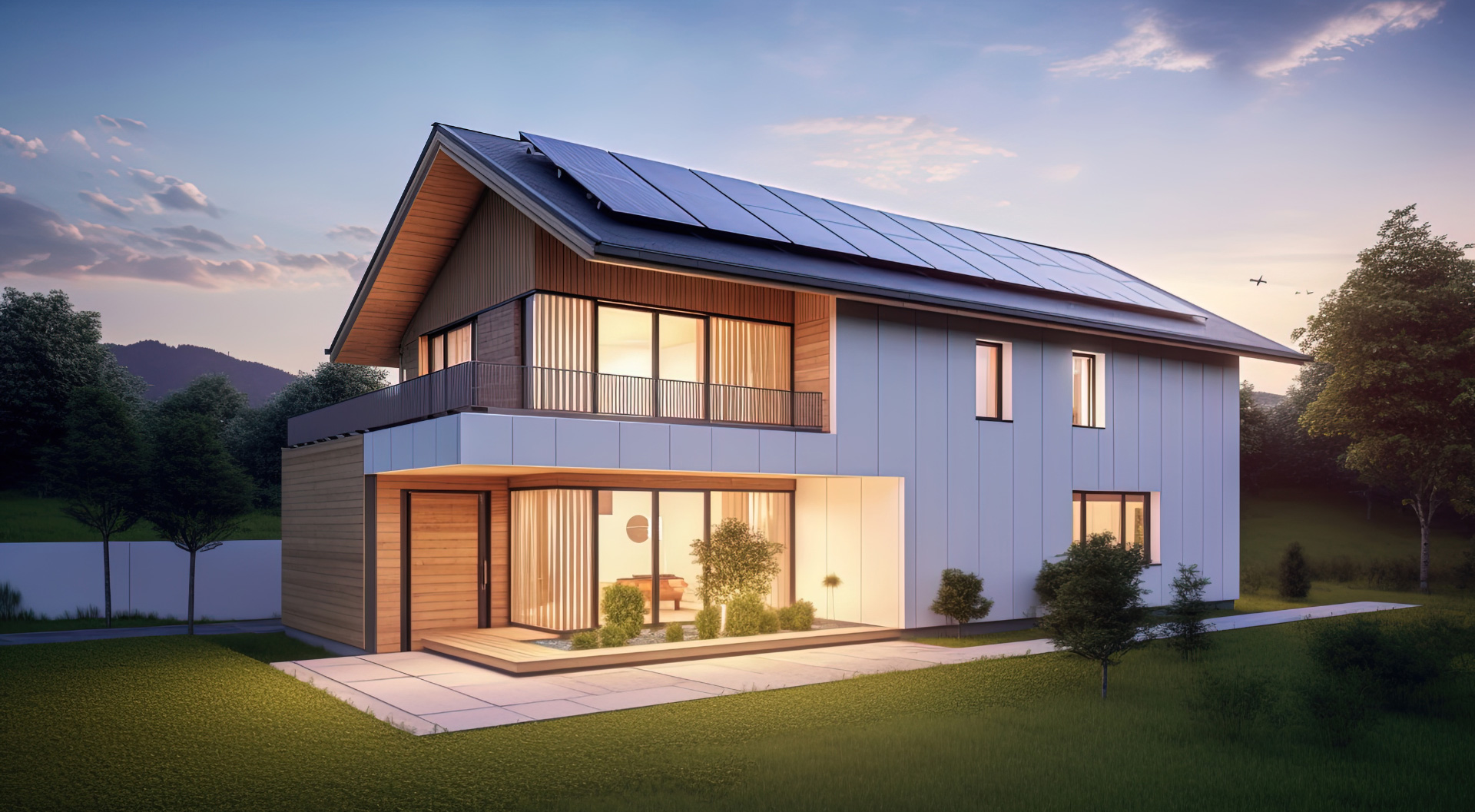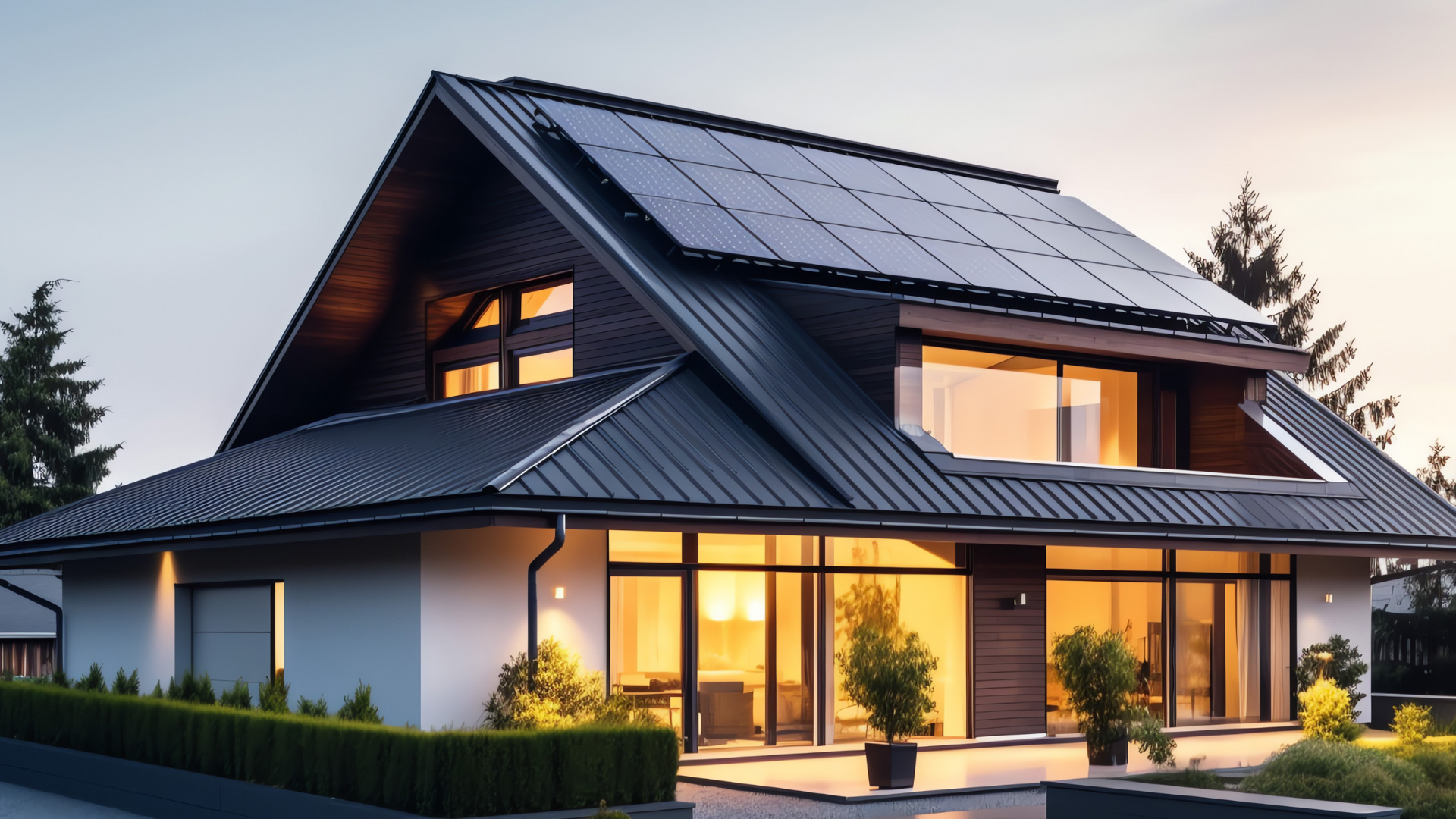Florida offers prime weather for its residents to harness the sun’s energy by installing solar PV panels. However, to acquire solar panels for your home, you typically have a number of options, which include purchasing or leasing.
But with many solar companies passionately advertising either option of the spectrum as the best option, obviously depending on what they offer, it’s easy to get confused. The best way to arrive at the right answer is by comparing the pros and cons of purchasing vs. leasing, which we’ll do in this article.
Purchasing Your Solar Panels
Purchasing or buying solar panels technically means paying all the upfront costs to install the photovoltaic panels, as well as any other repair/maintenance costs in the future. With the home solar installation costs in Florida ranging from $17,000 to $23,000, this requires you to have substantial available funds. Alternatively, homeowners can take out a solar loan to finance their solar purchase, though this increases the payback period due to the interest charged. Here are the pros and cons of buying your solar panels:
Pros of Purchasing
- The homeowner has full ownership of the solar system, which translates to long-term savings on electricity.
- Increases home value
- Homeowners are eligible for all the federal solar tax credits and other Florida solar incentives.
- There are no ongoing lease payments or contractual obligations
Cons
- High upfront cost
- The homeowner is responsible for repairs and maintenance
- Potentially high interest rate if you purchase through a solar financing loan
Leasing Your Solar Panels
If you can’t afford the high upfront cash to buy, leasing solar panels can be a great alternative for switching to green energy sources and lowering your electricity bills. Leasing essentially means that a solar company installs solar PV on your roof while you, as the homeowner, pay a fixed monthly rate throughout the lease period to use the solar energy. This requires you to enter into a solar leasing agreement with the solar provider, which usually lasts between 15 and 25 years.
In this arrangement, the solar company retains full ownership of the solar panels while also catering for any repairs or maintenance for the period of the lease. It’s also worth noting that while some companies may foot the whole upfront bill for solar installation (meaning zero upfront cost for you), there are other solar leasing companies that may require a small down payment.
Pros of Leasing Solar Panels
- Minimal, or, in most cases, zero upfront costs
- You are not responsible for repairs and maintenance
- Low energy costs compared to utility costs
- Easy upgrade (during lease renewal) as technology advances
Cons
- Ineligible for federal solar tax credits and other solar incentives
- Possible complications when selling your home
- Lower energy cost savings over time compared to purchasing
- Termination fee if you decide to end the lease prematurely
- No increase in property value
Which Is Better?
Whether outright purchasing or leasing solar panels, using solar energy has the common benefit of reducing your carbon footprint, lowering your monthly electricity bill, and ultimately protecting the environment. Which option is best will depend on you as an individual. If you have the cash or means to finance the high upfront cost, purchasing your solar panels will definitely allow you to enjoy all the solar energy benefits, including a shorter payback period of approximately 13 years.
Nevertheless, for individuals with little disposable cash and no means to get a solar loan, leasing is often a good choice. You may also want to explore solar PPAs, which are a type of solar lease with more benefits than conventional leases.
At Solar Optimum, we have the knowledge, expertise, and experience to help you choose the best option. Contact us to learn more and get a customized solar quote for your Florida home.

